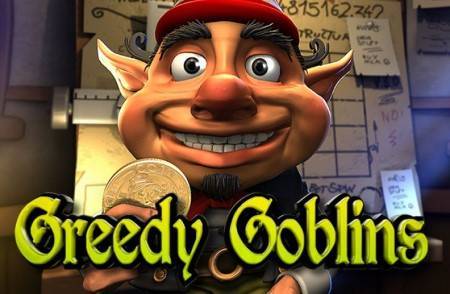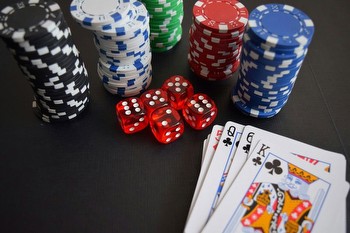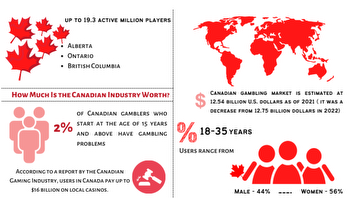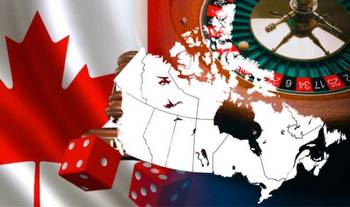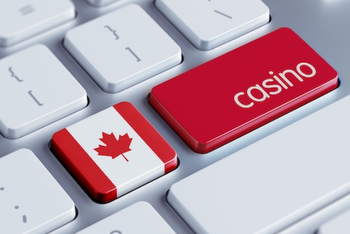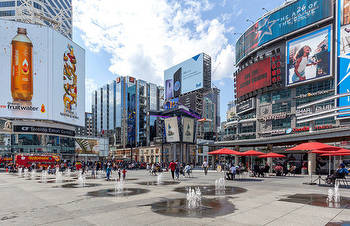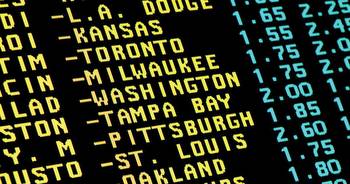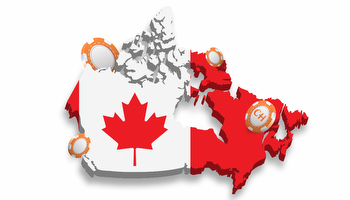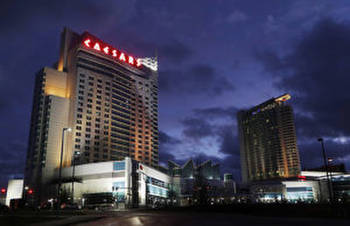Casinos, lotteries are government cash machines
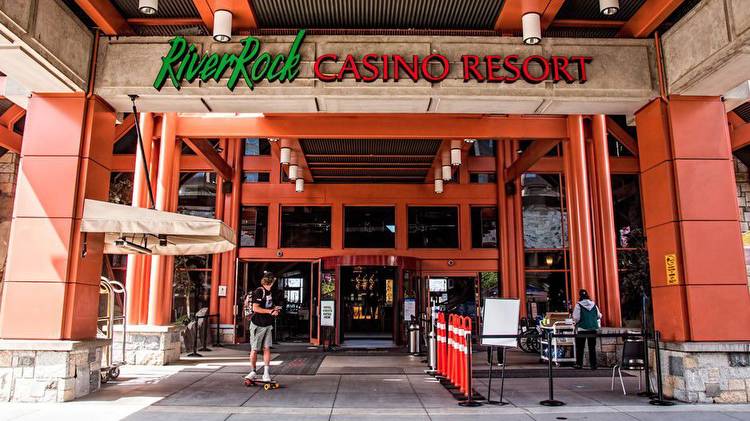
Single-game sports betting revenue will likely pale in comparison with casino revenue
The legalization of single-event sports betting in Canada will allow provincial governments to capture some of the revenue that currently flows out of the country via online betting platforms.
Compared with what casinos and lotteries generate for provincial governments, however, it’s not expected to be a big cash cow, according to the Canadian Gaming Association (CGA).
But it will at least skim some of the profits that currently flow out of Canada through offshore betting platforms for government coffers, and if casinos are allowed to host on-location single-event sports betting, it would be an added draw.
“The profit margin on sports betting is very low,” said CGA president Paul Burns.
When it comes to legalized gambling in Canada, lotteries and casinos are the big money-makers. In B.C., casino gambling alone generated about $1 billion in revenue for the provincial government for the 2018-19 fiscal year.
There are 16 casinos in B.C., 17 community gaming centres and two horse-race betting tracks. By contrast, there are 219 commercial casinos and four tribal casinos in the State of Nevada, but the share of casino revenue is comparatively lower because of the way gambling is regulated in Canada.
Whereas the State of Nevada receives taxes and fees from casinos, in B.C. the government gets a direct take of casino profits. The government gets 75% of slot machines revenue, for example, with 25% going to the casino operators. Casinos get a higher cut of table games, like blackjack, poker and craps, but overall, the B.C. government gets about 65% of casino profits, with 35% going to the operators.
The State of Nevada, which has a low tax rate, took in $987 million (US$783 million) in gaming tax revenue in 2019, according to Ballotpedia. By contrast, the B.C. government netted $1.4 billion in revenue from casinos and lotteries in the 2018-19 fiscal year.
The CGA estimates total GDP contributions from gaming in B.C. at a little more than $3 billion. Casinos are the big money-makers. They generate about $1.9 billion in revenue each year, with lotteries and e-gaming generating roughly $600 million a year. For the 2018-19 fiscal year, the B.C. government’s net income was $983 million from casinos and $432 million from lotteries and e-gaming.
Casinos are also significant employers. The BCLC says direct and indirect employment from gaming in B.C. accounts for 37,000 jobs.
For the 2019-20 fiscal year, gambling generated $2.5 billion in revenue, according to the BCLC, with $1.3 billion going to the B.C. government for distribution. That’s about $69 million less than the previous fiscal year and reflects the fact that casinos (and bingo halls) were shut down for about 17 months, due to the pandemic.
Some of the losses from casino closures were made up through online gambling through BCLC’s Playnow.com platform.
“While many players moved their play to our online channel … this migration was unable to make up for the revenue lost from brick-and-mortar channels,” BCLC stated in its 2019-20 annual report.
Of the $1.3 billion generated for government from gaming for the 2019-20 fiscal year, $147 million went into a special health-care account, $140 million was doled out to community groups in the form of community grants and $93.5 million went to “host” communities that have casinos.
In 2019, First Nations in B.C. also started getting a share of gaming revenue. For 2019-20, First Nations received $93.5 million in gaming revenue.
Municipal governments that have casinos get 10% of the casino’s net earnings. The River Rock Casino in Richmond appears to be the most lucrative casino in B.C., with the City of Richmond receiving $16 million for the 2018-19 fiscal year. Burnaby comes in second, with $12 million from the Grand Villa Casino. Vancouver received $9 million from the Parq Vancouver Casino and the Hastings Racecourse and casino.
Single-event sports betting per se would not be a big money-maker for casinos, but it would be an additional drawing card that might bring more people into casinos, if BCLC decides to allow casinos to get in on the game.
“It’s a great amenity to have because it brings those customers who want to bet on sports; they can get that in your building,” Burns said. “But then they can also play a table game or play a slot machine or have a meal. And that’s why they want this: it’s one more amenity to help drive business into the property.”
In New Jersey, which allows casinos to offer single-event sports betting, 80% is still done online and only 20% in casinos, Burns said. Even so, it has helped boost New Jersey’s casino business.
“That 20% actually had a huge impact for the state,” Burns said, “because it drove a 16% increase in casino revenue.” •







